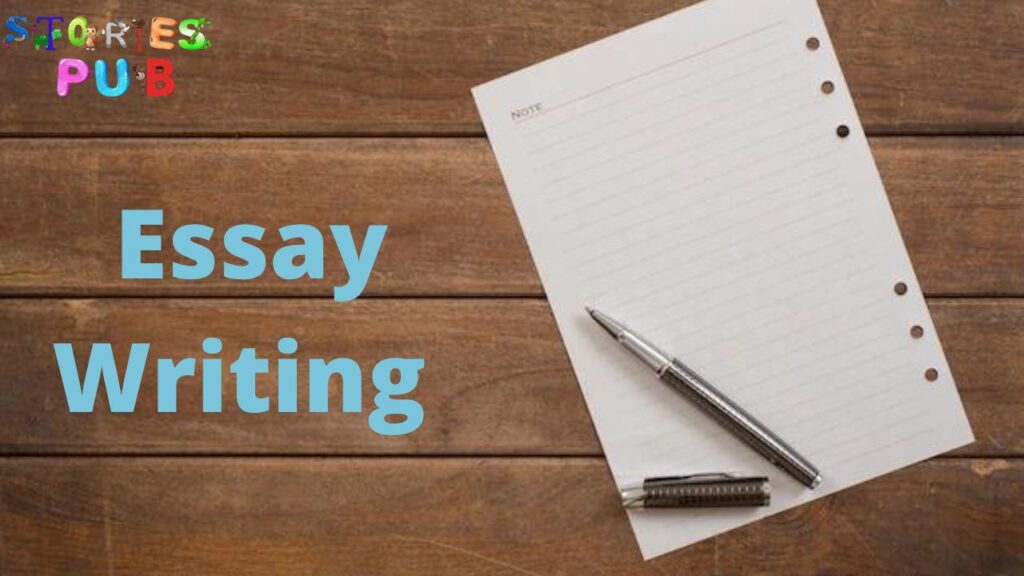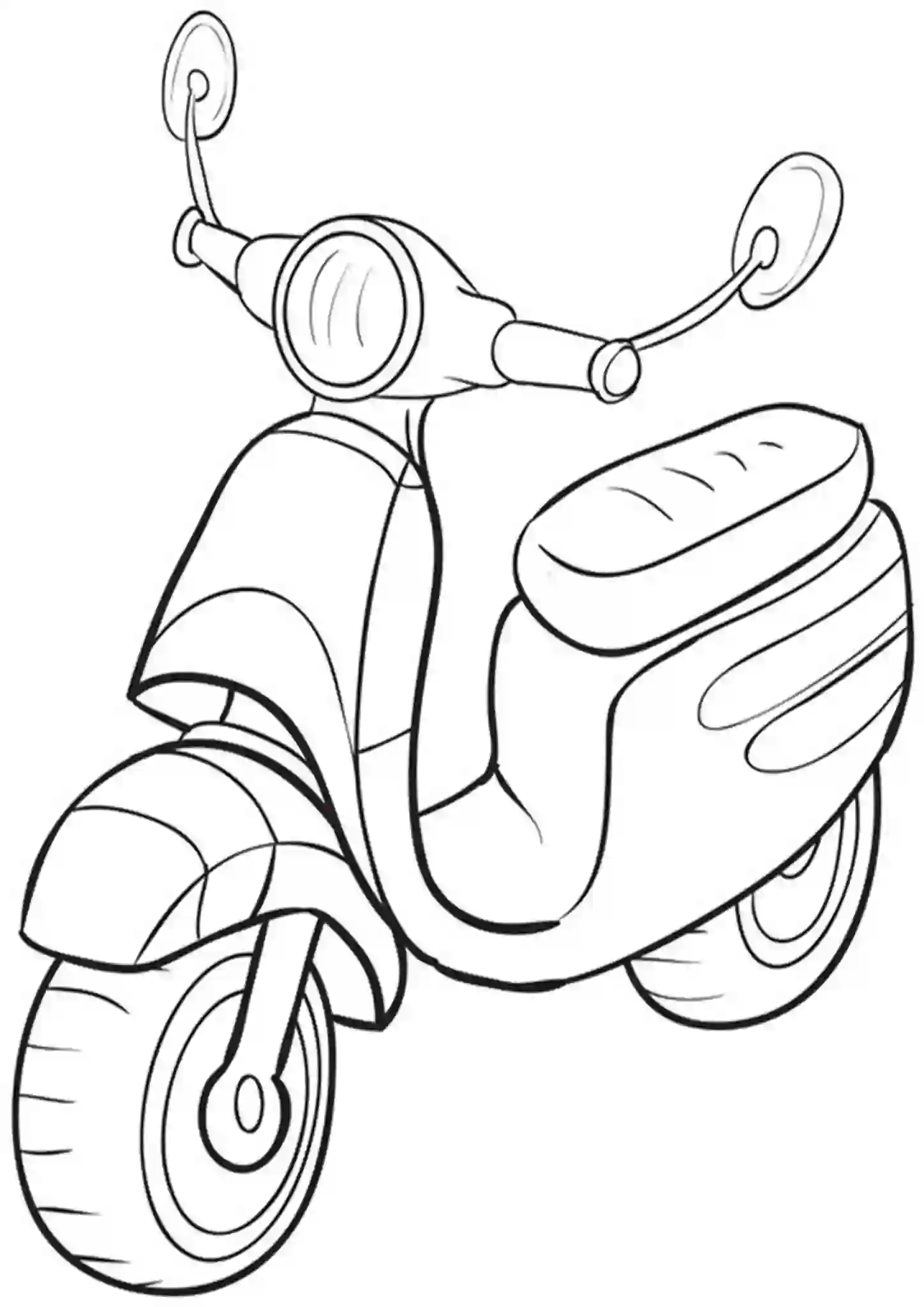Summarize this Article with:
Essay Definition, Types, and a Complete Guide to Writing the Perfect Essay

In this article, we will take a look at the essay definition, discuss different essay types, and give you a step-by-step guide to writing a great essay. By the end of this article, you will have all the information you need to write a killer essay. So let us get started!
What is an essay?
An essay is a written composition that typically contains a central thesis statement, supporting points, and conclusions. Essays are usually written in MLA format and can range in length from five paragraphs to several pages. The type of essay you write will depend on your assignment. For example, if you are writing an informative essay, you will focus on providing information to your reader. If you are writing a persuasive essay, you must take a position and defend it. Regardless of the type of essay you are writing, there are some essential elements that all essays must include.
Importance of Essay Writing?
Essay writing is important for several reasons:
- It allows you to express your ideas and opinions on a given topic.
- It allows you to research and learn about a topic in-depth.
- It helps you develop your critical thinking and analytical skills.
- Essay writing is a great way to improve your writing skills.
Different types of essays
There are different types of essays that you can write, and each one has its own purpose and unique features. Here is a quick guide to some of the most common types of essays:
Argumentative Essay: In an argumentative essay, you will take a position on a controversial issue and attempt to persuade your reader to side with you. This type of essay requires strong evidence and logical reasoning to convince the reader.
Compare and Contrast Essay: As the name suggests, in a compare and contrast essay, you will be comparing two things (or people, places, ideas, etc.) and highlighting their similarities and differences. This type of essay can be helpful in understanding complex topics.
Cause and Effect Essay: A cause and effect essay looks at the reasons why something happened (the cause) and the results of that event (the effect). This type of essay can be used to examine historical events, scientific discoveries, or social trends.
Narrative Essay: A narrative essay tells a story from the writer’s perspective. This type of essay can be personal in nature, as it is based on your own experiences or observations.
What are the 7 Essential Elements to writing a perfect Essay?
An essay is a written composition where you express a specific idea and then support it with facts, statements, analysis, and explanations. The basic format for an essay is known as the five-paragraph essay – but an essay may have as many paragraphs as needed. A five-paragraph essay contains an introductory paragraph and three supporting and concluding paragraphs.
7 Essential Elements Of A Perfect Essay
1 – Do your own Research
2 – Outline the structure of your Essay
3 – Write Informative and Hook Introduction
4 – The Essay Body
5 – Conclusion
6 – Do Proofreading & Editing
7 – Final Correction
Research what you are writing about in-depth and outline your arguments before you write. Write an informative and catchy introduction, creating the perfect first impression. Omit needless text to avoid tiring readers. Keep paragraphs short and to the point for smooth reading. Proofread for spelling errors, punctuation mistakes, word or phrase repetition, and lack of coherence (i.e., if any sentence does not relate to the one before it).
How to Structure the Essay?
The essay is a common assignment in school and college, so you have probably written a few. However, what exactly is an essay, and how do you write one?
An essay is a short piece of writing that focuses on at least one main idea. Some essays are also focused on the author’s unique point of view, making them personal or autobiographical, while others are focused on a particular literary, historical, or political subject. No matter what the focus is, all essays share some basic structure.
Here are the four parts of an essay structure:
1. Introduction
2. Body paragraphs
3. Conclusion
4. Works cited or references page
The introduction is where you will introduce your topic and explain why it is important or interesting. The body paragraphs are where you will develop your ideas and support them with evidence. The conclusion is where you will summarize your main points and restate your thesis. The works cited or references page is where you will list all of the sources you used in your essay.
Now let’s take a closer look at each part of the essay structure:
Introduction: The introductory paragraph should start with a hook that grabs the reader’s attention and makes them want to keep reading. You can use a quotation, a statistic, a fact, or an anecdote as your hook. Next, you will need to write a thesis statement explaining your essay’s main point. The thesis statement should be one to two sentences long and should be located at the end of the introductory paragraph.
Body paragraphs: The body paragraphs are where you will develop your ideas and support them with evidence. Each body paragraph should start with a topic sentence that introduces the paragraph’s main idea. The topic sentence should be followed by supporting evidence, which can be in the form of quotes, statistics, facts, or anecdotes. Finally, each body paragraph should conclude with a sentence that sums up the paragraph’s main idea.
Conclusion: The conclusion is where you will summarize your main points and restate your thesis. You may also want to include a call to action or an interesting fact in your conclusion.
Works cited or references page: The works cited or references page is where you will list all of the sources you used in your essay. For each source, you will need to include the author’s name, the work’s title, the date it was published, and the URL.
What are the common mistakes made in essays?
Many mistakes can be made when writing an essay. Some of the most common include: not staying on topic, not being concise, and not proofreading. Staying on topic is important because it keeps your argument focused, and conciseness is important because it keeps your essay from being too long-winded. Proofreading is important because it ensures that your essay is free of errors.
Tips for writing a good essay
No matter what type of essay you write, the key to success is always keeping your audience in mind. Write with clarity and precision, and be sure to proofread your work before submitting it. These tips will help you write a good essay:
1. Know your audience: Before you start writing, take a moment to think about whom you are writing for. What are their needs and expectations? Keep this in mind as you write, and tailor your essay accordingly.
2. Be clear and concise: essays are not the place for flowery language or lengthy digressions. Get to the point and stay on track throughout.
3. Support your argument: A good essay will always back up its main points with evidence and examples. Make sure you include plenty of both in your paper.
4. Edit and proofread: Once you have finished writing, take the time to revise and edit your work. Pay special attention to spelling and grammar errors. Then, read through the essay again to ensure everything sounds smooth and polished.
What are the favorite topics for essays?
There are a lot of favorite topics for essays, but some of the most popular include:
Essay Topic based on Technology
Based on Argumentative Topics
Essay Topic based on Festivals and Events
Famous Leaders and Personalities
An Essay Topic based on Animals and Birds:
Essay Topic based on Close Relatives
Essay Topic based on Environment and Nature
Based on countries and culture
Essay Topics Based on Social Issues
What are an ai-based essay writer and essay typer?
An AI-based Essay Writer is a piece of software that writes essays for you. It uses artificial intelligence to understand what you want to say and write an essay on the topic.
An Essay Typer is software that helps you type essays. It gives you suggestions on what to write and how to structure your essay.
Conclusion
An essay is a piece of writing that gives the author’s own argument, but the definition is vague, overlapping with those of an article, a pamphlet, and a short story. Essays have traditionally been sub-classified as formal and informal. Formal essays are characterized by “serious purpose, dignity, logical organization, and length.” In contrast, the informal essay is characterized by “the personal element” (self-revelation, individual tastes and experiences, confidential manner), humor, graceful style, rambling structure, unconventionality or novelty of theme,” etc.
Hey kids, how much did you like Essay Definition, Types, and a Complete Guide to Writing the Perfect Essay? Please share your view in the comment box. Also, please share this story with your friends on social media so they can also enjoy it, and for more such stories, please bookmark storiespub.com.
Suggested Article –
- An Essay on Diwali | Deepawali the Festival of Lights
- 1000 word essay on Mahatma Gandhi in English
- Essay on Environment for the Students in English
- Air Pollution Essay for the Students
- Essay on Child Labor for Students and Children
- Essay on My School for Students
- Essay on Newspaper
- Tree Essay for Students and Children
- Essay on Elephant for Students and Children in English?
- Essay on My Mother and why is she so Important
















